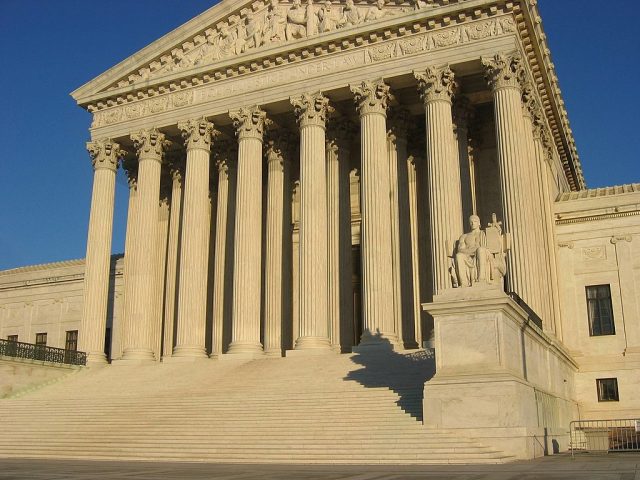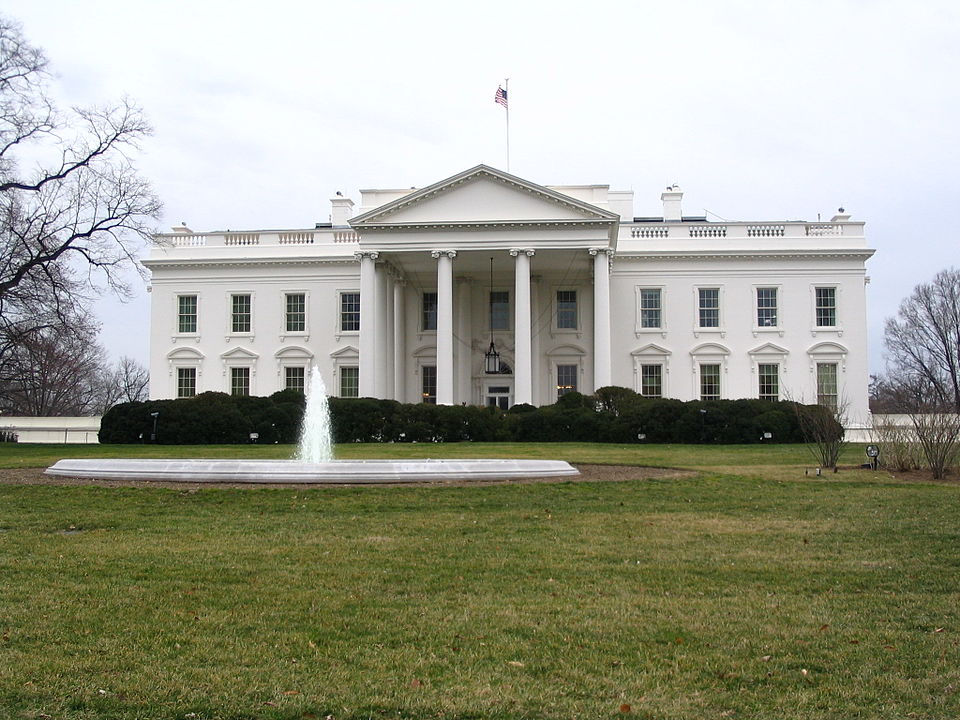The Supreme Court upheld a Trump-era tax on overseas investments Thursday morning, marking what CNN is calling a win for the Biden administration.
In a 7-2 decision, the court rejected arguments from a Washington state couple that threatened existing tax provisions and hindered Democratic ambitions of instituting a wealth tax:
At issue in the closely watched tax case was whether the government could levy a tax on investment proceeds that had not yet been received. Charles and Kathleen Moore, a Washington state couple, challenged a $15,000 tax bill they received because of their investment in an India-based company. The profit at issue, the Moores claimed, were reinvested and never distributed to them.
The tax involved was enacted by Congress in 2017 as part of a larger package signed by former President Donald Trump. The one-time mandatory repatriation tax was levied on shareholders on undistributed profits accrued between 1986 and the end of 2017 by certain foreign corporations that are majority owned by Americans. The provision was expected to raise $340 billion over a decade.
Some conservative groups warned that a win for the government could open the door to a federal tax on wealth, which President Joe Biden and several congressional Democrats have eyed in recent years. But during oral arguments in December both conservative and liberal justices appeared to be looking for a narrow outcome that wouldn’t undermine current taxes or dip into the debate over a wealth tax. And Kavanaugh repeatedly said the ruling shouldn’t impact the debate.
Kavanaugh authored the majority opinion, emphasizing that the ruling was “narrow” and did not address the broader debate. “Those are potential issues for another day, and we do not address or resolve any of those issues here,” the justice explained.
Justice Clarence Thomas wrote the dissent.
Aside from the legal issues involved, Moore v. US drew attention to the Supreme Court for other reasons. Democrats on Capitol Hill had called for Justice Samuel Alito to recuse himself because one of the lawyers representing the Moores co-authored two favorable opinion pieces about the justice in the Wall Street Journal last year.
Here is a general outline of what a wealth tax in the United States might look like, based on past proposals from lawmakers:
- Tax Rate: Often proposed rates range from 1% to 3% annually on wealth exceeding certain thresholds.
- Threshold: The tax typically targets ultra-wealthy individuals, with thresholds starting at $50 million in net worth.
- Assets Included: The tax would apply to a wide range of assets, including stocks, bonds, real estate, and personal property.
- Exemptions: Primary residences and certain retirement accounts may be exempt or subject to different rates.
- Administration: Proposals often include measures to ensure proper valuation and reporting of assets to prevent evasion.
- Revenue Use: Revenue generated would be intended for social programs, infrastructure, and reducing economic inequality.
Surveys conducted in recent years generally show majority support for higher taxes on the wealthy, with specific support for a wealth tax varying by poll but often in the range of 50-60%.
Article Published With The Permission of American Liberty News.







VICTORY